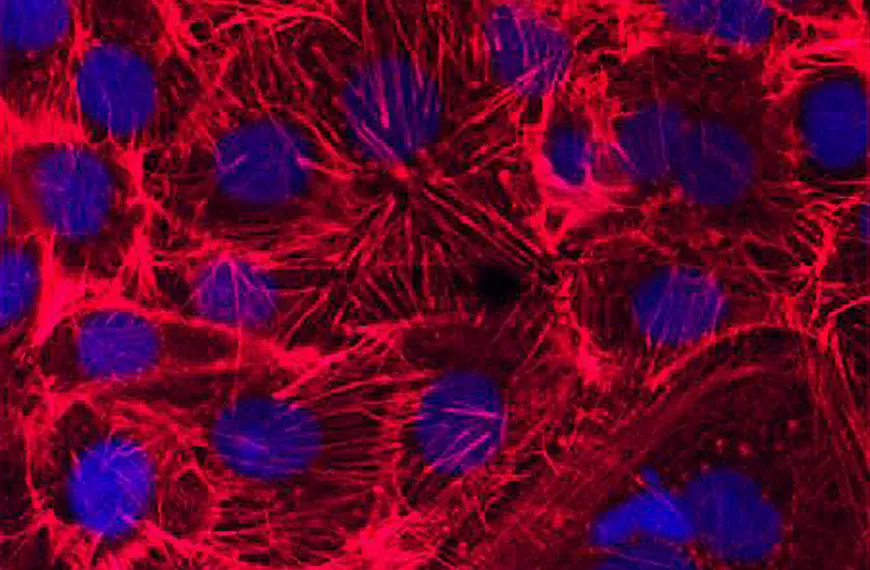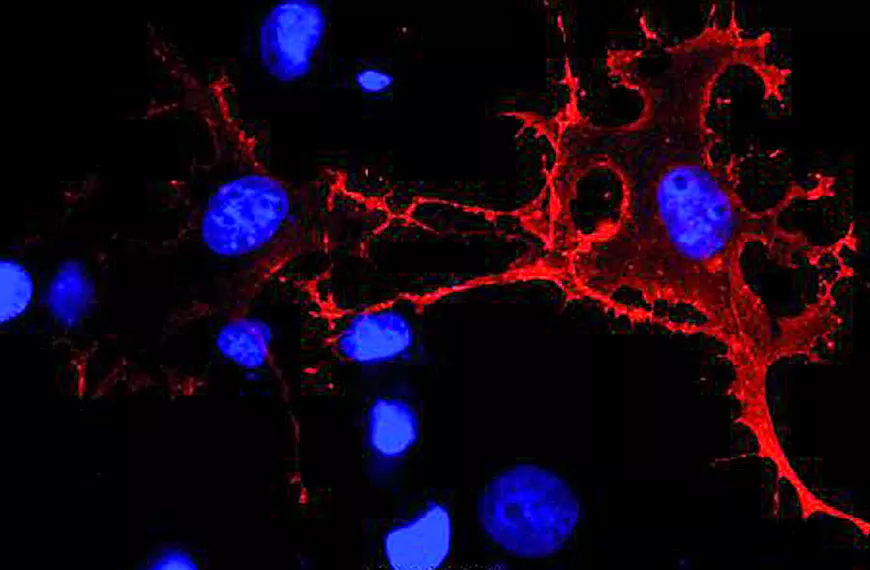Identification des voies moléculaires impliquées dans les maladies oculaires, du gène à la thérapie
Nous étudions de larges cohortes de patients dans le but d’identifier les défauts génétiques responsables de différentes formes de maladies rétiniennes d'origine génétique et de développer des thérapies géniques innovantes.
Présentation
Les maladies rétiniennes d'origine génétique (en Anglais inherited retinal dystophies, IRDs) représentent une cause majeure de cécité ou de handicap visuel chez l’adulte. Elles touchent environ 1 personne sur 2 000 dans le monde. Les symptômes et les phénotypes associés sont variables. Dans certains cas la maladie peut être stationnaire comme dans la cécité nocturne congénitale stationnaire (CNCS) alors que d’autres maladies sont progressives, conduisant à un handicap visuel sévère, comme dans les dystrophies de type bâtonnet-cône aussi connues sous le nom de rétinopathie pigmentaire (RP). Aucun traitement n’existe actuellement pour rétablir la fonction visuelle dans ces pathologies. Notre équipe s’intéresse à deux aspects des IRDs : d’une part la découverte des défauts génétiques sous-jacents et, d’autre part, le développement de thérapies géniques innovantes.
L’hétérogénéité des IRDs est le reflet du nombre important de défauts génétiques rapportés, ces défauts pouvant être transmis selon tous les modes de transmission décrits. Plus de 180 gènes sont actuellement impliqués dans les différentes formes de pathologies rétiniennes, expliquant 60% des cas. Ceci suggère qu’une large proportion de patients ne porte pas de mutation sur les gènes précédemment incriminés et qu’un nombre significatif de gènes reste encore à découvrir. Les techniques de séquençage Sanger et de micro array sont traditionnellement utilisées pour la détection de mutations dans les gènes incriminés et/ou candidats, mais ces méthodes sont longues et coûteuses. Pour remédier à cela, de nouvelles technologies telles que le séquençage de nouvelle génération (NGS) sont maintenant utilisées pour identifier rapidement les défauts génétiques. Notre équipe a établi un large panel de gènes impliqués dans les IRDs ou candidats dont les séquences codantes sont spécifiquement ciblées et séquencées par NGS. Cet outil est continuellement mis à jour afin d’améliorer la couverture génétique et d’être adapté aux connaissances actuelles.
Notre premier objectif est de caractériser génétiquement une large cohorte de patients atteints d’IRDs variées, dont la majorité a été cliniquement évaluée et est suivie à l’hôpital des Quinze-Vingts (Paris), et d’effectuer des corrélations génotypes/phénotypes. L’ADN des patients est extrait et collecté dans une banque d’ADN via la plateforme d’extraction d’ADN. Notre stratégie consiste à réaliser en premier lieu un NGS ciblé en utilisant notre panel évolutif de gènes et de réaliser ensuite, si aucun défaut génétique n’a été identifié sur ces gènes, un séquençage de l’exome entier, nous donnant la possibilité d’identifier de nouveaux gènes impliqués dans les IRDs.
Les défauts génétiques ainsi identifiés sont ensuite validés par technologie Sanger via notre plateforme de séquençage. Nous nous intéressons également à l’étude de la fonction des protéines codées par les gènes identifiés ainsi qu’aux mécanismes physiopathologiques résultant de ces mutations. Pour ce faire, nous réalisons des études in vitro et in vivo avec l’appui des différentes plateformes de l’Institut de la Vision (par exemple histologie, imagerie, phénotypage du petit animal). Ces études approfondies conduisent à une meilleure compréhension de la physiologie et de la physiopathologie rétinienne, fournissent des données épidémiologiques sur la fréquence des mutations identifiées dans le cadre des IRDs en Europe et peuvent également permettre d’identifier de nouvelles cibles thérapeutiques. Ces études donnent également accès à une meilleure caractérisation de la pathologie chez les patients, permettant un conseil génétique plus adapté constituant un préambule pour la préparation de futurs essais cliniques tels que ceux impliquant des approches de thérapie génique.
Le second axe de notre travail est le développement d’approches de thérapie génique innovantes. Des projets sont actuellement développés sur deux maladies distinctes : la CNCS avec une stratégie de complémentation, et la RP autosomique dominante avec une stratégie de réparation du gène. La réussite des deux projets est évaluée in vitro (utilisation d’explants rétiniens ou de cellules pluripotentes induites) et in vivo au niveau de la plateforme de phénotypage du petit animal.


Les membres de l'équipe
Publications scientifiques
Vous trouverez ci-dessous les dernières publications scientifiques dans le domaine : Identification des voies moléculaires impliquées dans les maladies oculaires, du gène à la thérapie.












